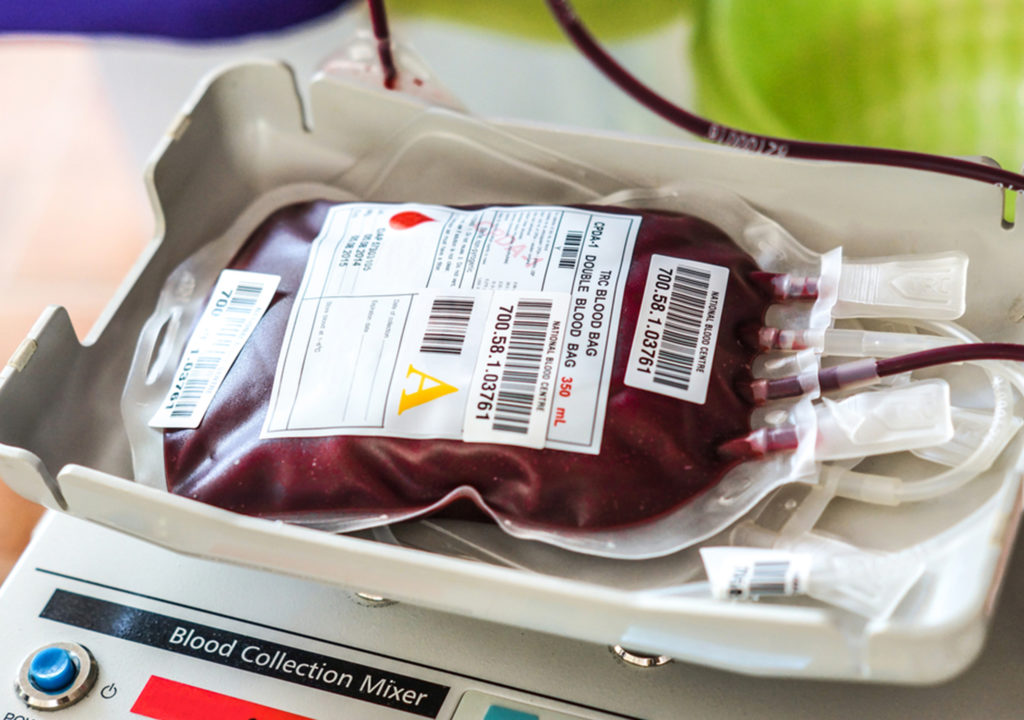
Evidence-based patient blood management (PBM) strategies offer significant clinical benefits. Conservation techniques, in particular, help minimize the use of allogeneic red blood cell transfusion, which has been shown to increase the risk of postoperative complications, readmissions, and mortality among patients. Because of the importance of this area of study, SpecialtyCare researchers continue to drill down and analyze the perfusion and autotransfusion cases in SCOPE, the SpecialtyCare Operative Procedural Registry™, to examine the impact of various strategies, develop best practices, and improve patient outcomes.

To strengthen alignment among multiple surgical disciplines, the American Society of ExtraCorporeal Technology (AmSECT) and the American Association for Thoracic Surgery (AATS) teamed up to present a terrific joint learning opportunity, holding AmSECT’s 55th International Conference in conjunction with the Centennial Meeting of the AATS in Boston. The integrated program was designed to improve care by bringing surgeons, perfusionists, and other experts together to foster effective communication and coordination in the operating room. The combined meeting was a great example of collaboration that advances quality through evidence-based learning and improvement. We are proud to have been part of this special event.

Collaborating and sharing research findings and best practices with other medical professionals is one of the great pleasures of working in healthcare. Recently, the American Academy of Cardiovascular Perfusion’s 38th International Meeting gave SpecialtyCare’s Medical Office team members the opportunity to present two new papers to the perfusion community. One of the studies examines “The Effect of Ultrafiltration on End-Cardiopulmonary Bypass Hematocrit during Cardiac Surgery.” The purpose of this research was to evaluate the effect of ultrafiltration on end-cardiopulmonary bypass hematocrit by cardiac surgical procedure type. The findings are summarized in today’s blog.

Recently I attended the 2017 Annual Meeting of The American Academy of Cardiovascular Perfusion. The AACP, as always, offered strong educational content and a great opportunity to meet up with friends and colleagues. While there, I had the pleasure of presenting co-authored research on “The Effectiveness of Acute Normovolemic Hemodilution and Autologous Prime on Intraoperative Blood Management during Cardiac Surgery.” The AACP honored our team, which includes our perfusion associates and their tireless dedication to clinical excellence and data collection, by selecting this work as the meeting’s Best Paper. I encourage you to read the abstract for additional detail, but here’s a summary of our findings, which highlight the value of thoughtful perfusion strategies that can reduce the need for costly transfusions and increase the likelihood of better clinical outcomes.

Ultrafiltration is thought to reduce morbidity and the risk of red blood cell transfusion, however very few studies have examined the relationship between ultrafiltration and the overall risk of intraoperative RBC transfusion. Using data from the SpecialtyCare Operative Procedural Registry (SCOPE™), our study looks at a population of nearly 98,000 adults undergoing cardiac surgery at 197 hospitals to evaluate the effects of ultrafiltration volume removed during CPB on the relative risk of receiving an intraoperative RBC transfusion. Recognizing the findings of our own previous work, we were especially interested in testing potential differences between male and female patients in the effects of ultrafiltration.

It is a fairly well-known fact in the cardiac community that women have higher morbidity and mortality associated with coronary artery bypass (CABG) procedures. The reasons traditionally given for this disparity include women’s relatively smaller vasculature, higher incidence of anemia, and smaller circulating blood volume. Early in 2016, we in the Medical Department were discussing this phenomenon and decided to design a study using the robust data from our SpecialtyCare Operative Procedural Registry to find something in the intraoperative space that might be leading to these very different post-operative outcomes for men and women. Our findings were somewhat surprising.

SpecialtyCare is determined to drive awareness of perfusion as both a vital medical service and a smart career choice. As part of this effort, we are proud to officially launch the Brown-Brukardt Perfusion Scholarship Program. Every year, SpecialtyCare will award perfusion education tuition to two students enrolled in CAAHEP-accredited programs. Jim Brown and Gary Brukardt—men with close ties to SpecialtyCare who helped evolve the practice of perfusion over the last three decades—exemplified integrity, leadership, and dedication to patient care. Our goal is to support students who share these qualities and demonstrate outstanding potential as cardiovascular perfusionists.



